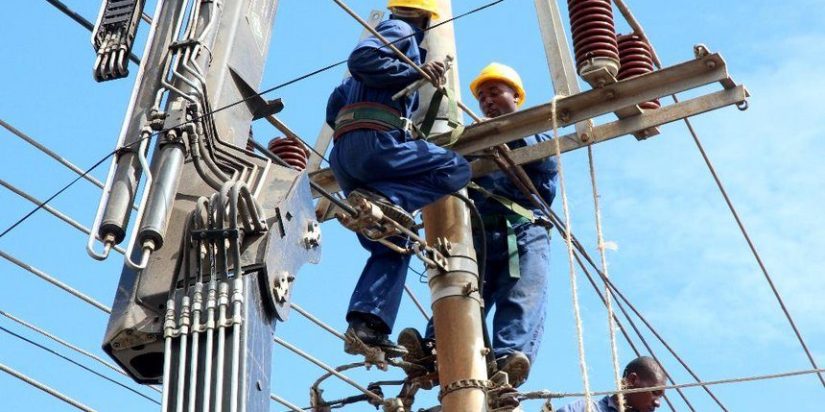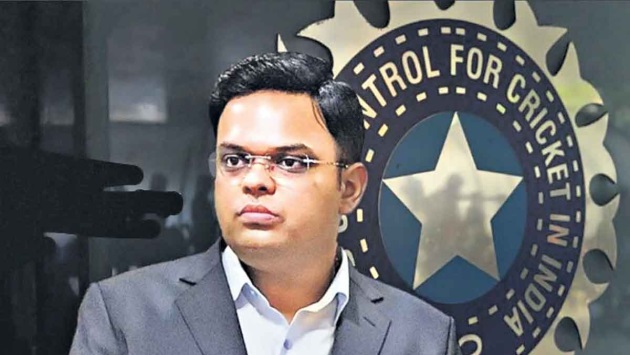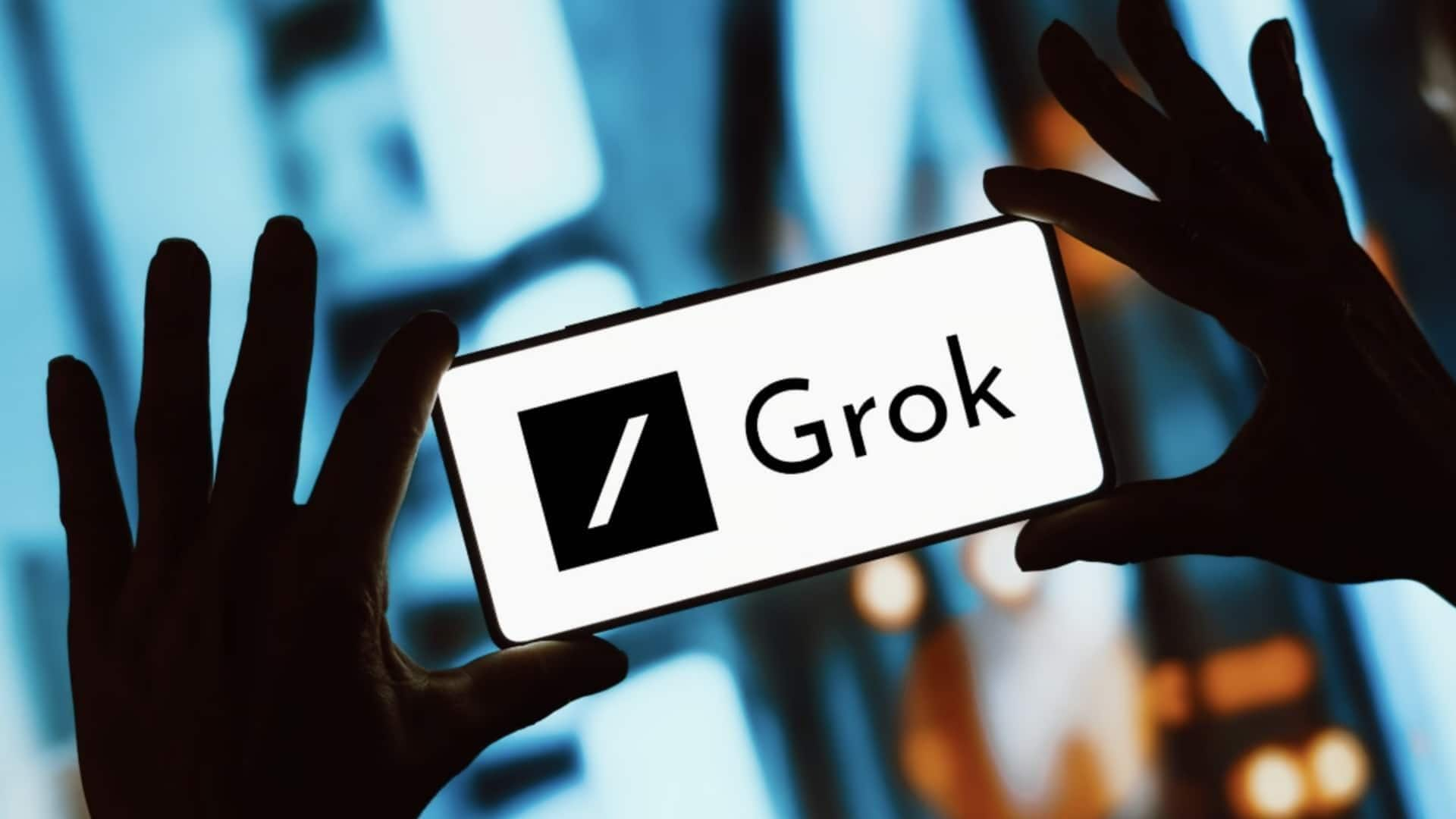
Sonia Gowland has worked all her life – but now she’s a single mother and training to be a nurse, she has to claim universal credit to feed her family. It’ i’s not enough. She relies on her local food bank to survive.
“It’s not something I ever thought I’d have to do,” the 48-year-old mother of four says. “I know people who are working who are still relying on food banks. It’s not just people on benefits .
There’s a bit of stigma attached to it. But the kids quite like food bank Thursday, which is what we call it now.” Nearly half (44%) of children with single parents are living in poverty , compared with a quarter (26%) of children in couple households, according to government figures.
Over half of London working parents use food banks, study finds: ‘Is this the country we live in?’ ‘It’s disastrous’: Furious pensioners call on government to reverse winter fuel payment cuts It means single parents like Gowland are more likely to need benefits to prop up their income. Around 1.8 million single parents claim universal credit – two fifths of the total 4.
8 million claimants. Charity Gingerbread estimates that 90% of single parents will be eligible for universal credit by the time it is fully rolled out next year. But on universal credit, these families are struggling to cope.
“It is the first time I’ve ever been on any kind of benefit – universal credit,” Gowland says. “I was married until three years ago, so I’m a newly single mum. I started on universal credit and it was OK at the beginning but as things progressed, the cost of living has just skyrocketed.
” Research shows that universal credit does not stretch far enough for people to afford the essentials they need to survive – the Joseph Rowntree Foundation estimates it falls short by around £120 every month. Gowland says she is “scrimpy” and does not get out much, but after paying her bills and rent, she has little left. She has to go to the food bank at least twice a month to feed herself and her family.
“I’m constantly thinking: ‘How am I going to get to one day next?’ I’ve got a support network but not a massive one. I’m totally responsible for what’s happening,” she says. That means making sacrifices.
She has sometimes gone three weeks without internet access because it is a £30 bill which she cannot afford. “It’s difficult for the kids when we don’t have the internet, especially the teenagers to do homework,” Gowland says. Her children are 12 and 13, and her eldest are 18 and 28 and no longer live with her.
“Everything’s online. I go into university on my days off because we don’t have the internet. My universal credit journal is online.
When I don’t have internet access, it’s difficult for me to update my journal.” hbspt.forms.
create({ region: "eu1", portalId: "25501189", formId: "40ad6603-a84c-4f9e-9ef6-1e18a81f15ca", target: '#hubspot3296', }); Gowland is far from alone in making sacrifices in the cost of living crisis. Barnardo’s estimates there could be around 3.4 million children in the UK whose parents have struggled to provide sufficient food for them over the past 12 months.
One in three have cut back on energy bills . The charity, which has supported Gowland, is joining calls for an ‘essentials guarantee’ in universal credit, so families do not have to go without the basics. Barnardo’s chief executive Lynn Perry says: “Millions of parents up and down the country are struggling to feed their children – with even more families struggling now than two years ago.
“The cost of living crisis continues to bite, with families facing a desperate struggle to keep the power on and the fridge stocked this winter.” Gowland was unaware they had a food bank in her town in Carlisle before someone told her, and she did not know how to get a referral. “The signposting just isn’t happening,” she says, adding that she had a similar experience with free school meals and council tax reduction.
“I was on universal credit for a whole year before I realised that I could get free school meals. I didn’t know that you had to apply separately. “I’ve got housing benefit.
I didn’t realise you have to apply separately again for council tax reduction. Nobody tells you this.” Recent government research found that understanding of universal credit is low , with nearly a quarter of new claimants not understanding how to get the benefit in the first place.
Sumi Rabindrakumar, head of policy and research at Trussell , says: “Trussell’s community of food banks hear every day from people too fearful to apply for support from our social security system, and who feel they cannot trust our social security and employment support systems to provide the compassionate, tailored support they need to afford the essentials and prepare for, enter and sustain work.” Gowland previously worked in childcare but had to take a step back from work to support her children. When she was ready to start work again, she realised she wanted to be a nurse.
Once she is qualified, she will be providing a vital public service – and the UK faces a national shortage of nurses. “University is hard financially,” she says. “But I think it is the only way I’m going to get some stability.
” She is doing exactly as the government asks in seeking to build a strong career, so that she won’t have to rely on benefits in the long-term. As Labour pushes to get more people off benefits and into work , she is engaging with her job coach and doing all she can to become a nurse. But for now, government support is so limited that food bank Thursdays are a part of her life.
Do you have a story to tell or opinions to share about this? Get in touch and tell us more . Big Issue exists to give homeless and marginalised people the opportunity to earn an income. To support our work buy a copy of the magazine or get the app from the App Store or Google Play .
Big Issue is demanding an end to extreme poverty. Will you ask your MP to join us? (function(n,e,w,m,o,d){m=n.createElement(e);m.
async=1;m.src=w; o=n.getElementsByTagName(e)[0];o.
parentNode.insertBefore(m,o); })(document,'script','//engage.newmode.
net/embed/50964/68112.js'); Share Benefits Child poverty Children Cost of living crisis Department for Work and Pensions family learning and employment News Poverty Universal credit.








